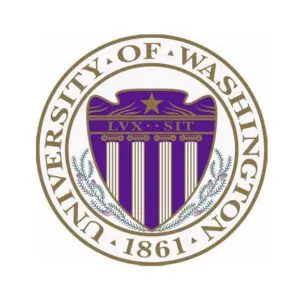Timeframe: 2020
Goal: Assess whether suppressing checkpoints or signaling by a specific chemokine (CXCL12) can enhance immune response in FLC
Principal Investigator: Venu Pillarisetty, MD

Study overview: Immunotherapy, harnessing the patient’s immune system to precisely target cancer cells, has emerged as a promising approach to treat many cancers. It has been discovered that fibrolamellar carcinoma (FLC) tumors contain a class of immune cells called T cells that potentially could recognize and destroy the cancer cells. However, the therapeutic ability of T cells can be limited by suppressive factors made by both cancer cells and other cells in the tumor such as the abundant fibroblastic stromal cells that give FLC its name. Suppressive molecules in the tumor microenvironment that may limit anti-cancer immune responses include “immune checkpoints” and signaling molecules known as cytokines. The latter include chemokines, small protein chemical messengers that influence cell migration.
This study aimed to determine whether blockade of checkpoints and/or signaling by a specific chemokine (CXCL12) can enhance T cell mediated immunity against fibrolamellar cancer cells, using slice cultures of human FLC tumors. By doing that, it aimed to develop a foundation for an immunotherapy program to treat fibrolamellar hepatocellular carcinoma.
Results: To determine whether there is rationale for the use of immune checkpoint inhibitors (ICI) to treat FLC, the investigators examined the immune microenvironment of tumors and adjacent non-tumor liver (NTL) using FLC tumor slice cultures. The team analyzed the characteristics and of various immune cell populations, particularly the Tumor Infiltrating Lymphocytes (TILs) present in the tumor microenvironment, and identified strategies to activate the immune cells to attack the tumor.
Implications: The results from these studies provided a basis for examining tumor tissue slices in a setting which simulated the tumor microenvironment and are more amenable to large scale drug screenings. In addition, the effort provided evidence that immunotherapy has the potential to induce anti-tumor immune responses in FLC.
